1. They've put on a lot of weight
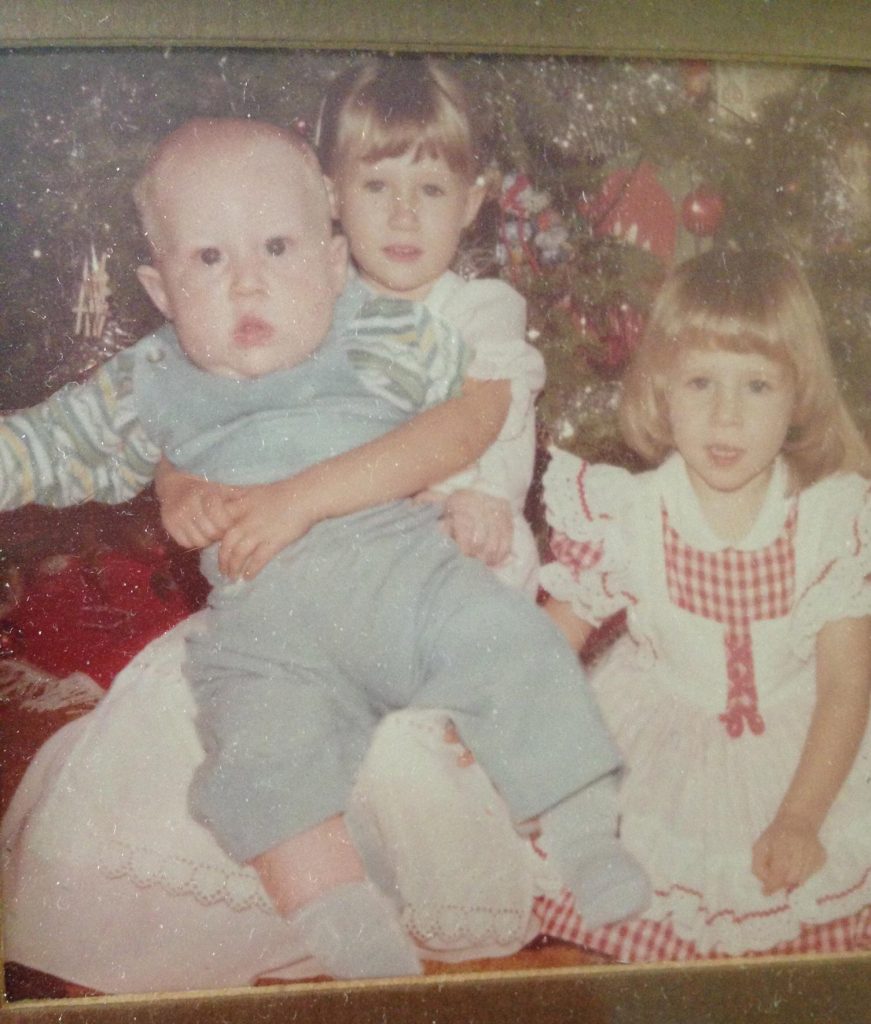 image source: reddit.com
image source: reddit.com
While babies naturally gain weight rapidly in their first months, excessive weight gain beyond what's considered normal could be a sign of overfeeding. It's important to monitor weight gain against growth charts provided by healthcare providers. Overfeeding can lead to unnecessary strain on a baby's developing organs.
2. They're always spitting up or vomiting
 image source: reddit.com
image source: reddit.com
Occasional spit-up is common, but persistent or forceful vomiting may indicate overfeeding. When a baby's stomach becomes overly full, the valve at the top of the stomach may open, allowing milk to come back up. This can be uncomfortable for the baby and may lead to other issues like dehydration or electrolyte imbalances.
3. Your baby is always fussy straight after feeding
 image source: reddit.com
image source: reddit.com
Overfeeding can cause discomfort in babies, leading to irritability or fussiness after feedings. A baby's stomach may feel distended or bloated, causing discomfort and agitation. Additionally, overfeeding can disrupt a baby's natural hunger cues, leading to confusion about when they are genuinely hungry or full.
4. They have difficulty sleeping
 image source: reddit.com
image source: reddit.com
Babies who are overfed may struggle to settle down for sleep or may wake frequently due to discomfort from a full stomach. This can disrupt both the baby's sleep patterns and the sleep of the caregivers, leading to exhaustion and increased stress levels for all involved - babies and parents!
5. They have persistent gas or bloating
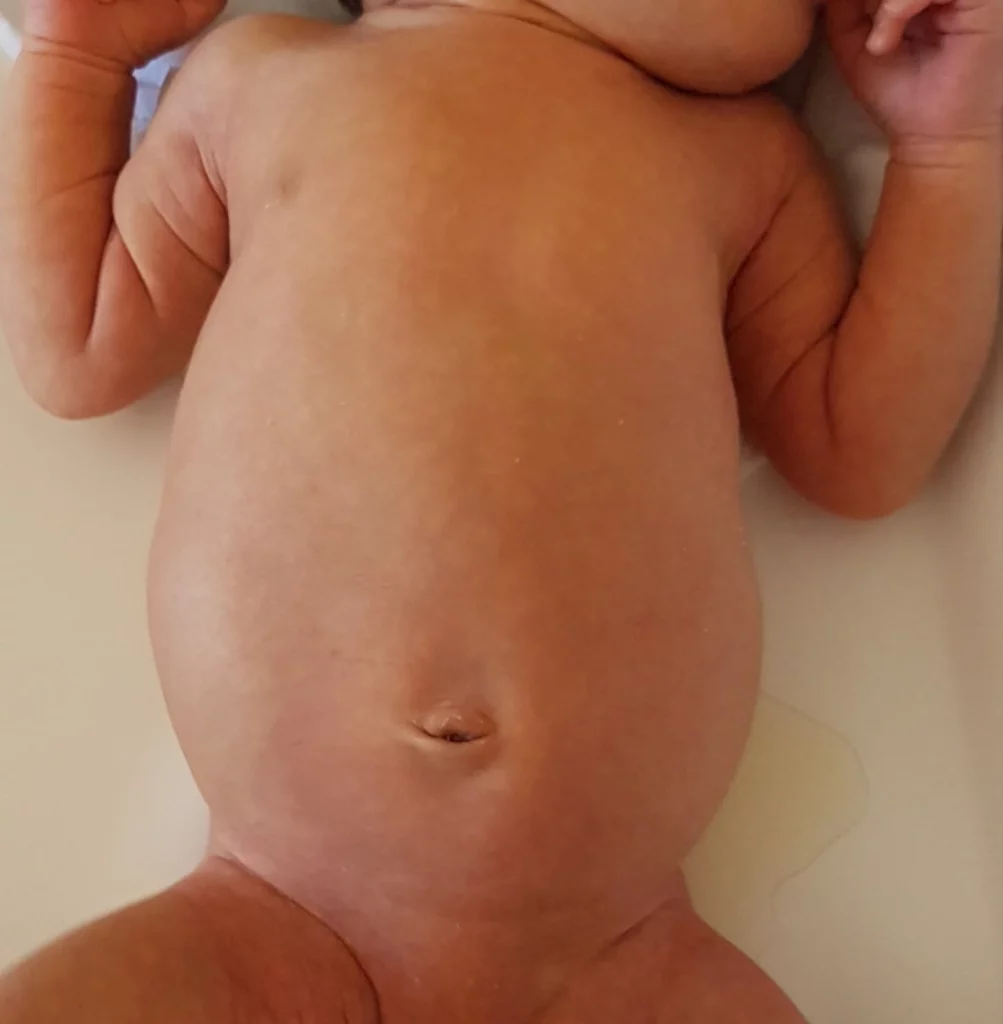 image source: reddit.com
image source: reddit.com
Overfeeding can lead to increased gas production in a baby's digestive system, resulting in bloating and discomfort. This can manifest as excessive gas passing, abdominal distention, or visible signs of discomfort such as squirming or arching the back. Even if they don't have gas, you may notice that they look uncomfortable.
6. There's been a big change in their bowel movements
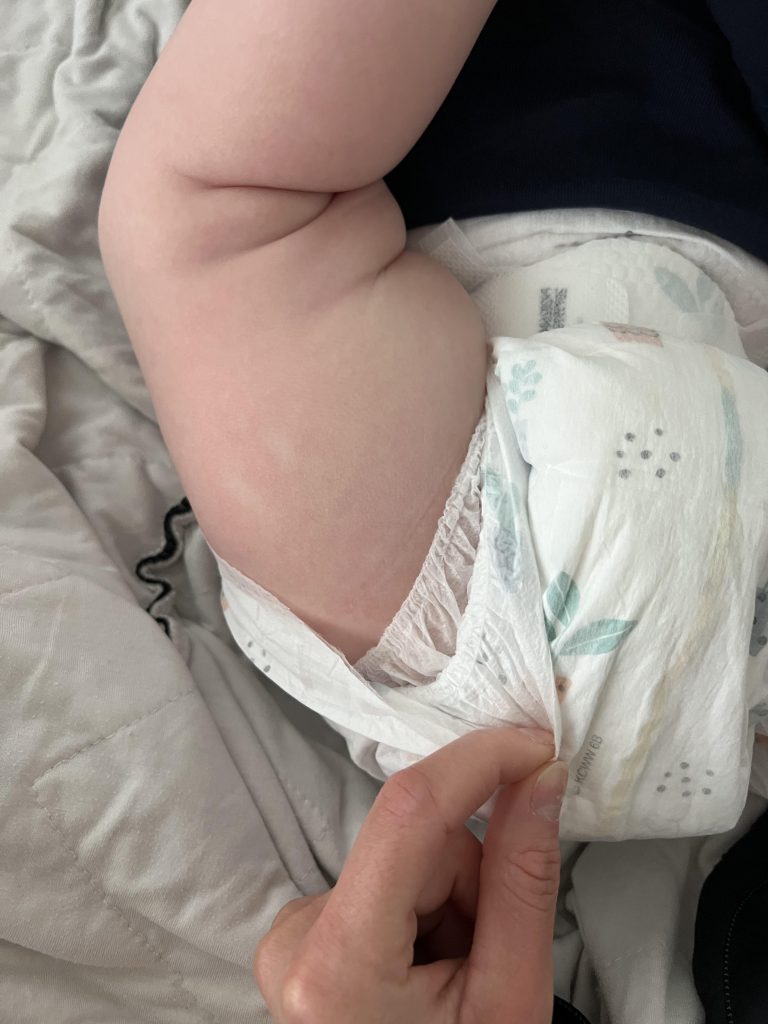 image source: reddit.com
image source: reddit.com
Overfeeding can affect the frequency, consistency, and color of a baby's bowel movements. It may lead to diarrhea or constipation as the digestive system struggles to process an excess amount of milk or formula. Parents should monitor their baby's bowel movements and consult with a healthcare provider if there are significant changes.
7. They actually might refuse to feed altogether

image source: reddit.com
Paradoxically, a baby who is overfed may start refusing feedings as their body attempts to regulate their intake. This can be confusing for parents, especially if the baby had previously shown signs of hunger. Understanding and responding to a baby's hunger and fullness cues is essential in establishing healthy feeding habits.
8. They're feeding at a very quick pace
 image source: reddit.com
image source: reddit.com
Babies who consistently finish their bottle or breastfeeding sessions quickly may be consuming more milk or formula than they need. This rapid feeding can lead to overstretching of the stomach and may contribute to issues like reflux or excessive gas in your baby, making them more uncomfortable.
9. They have difficulty latching or sucking
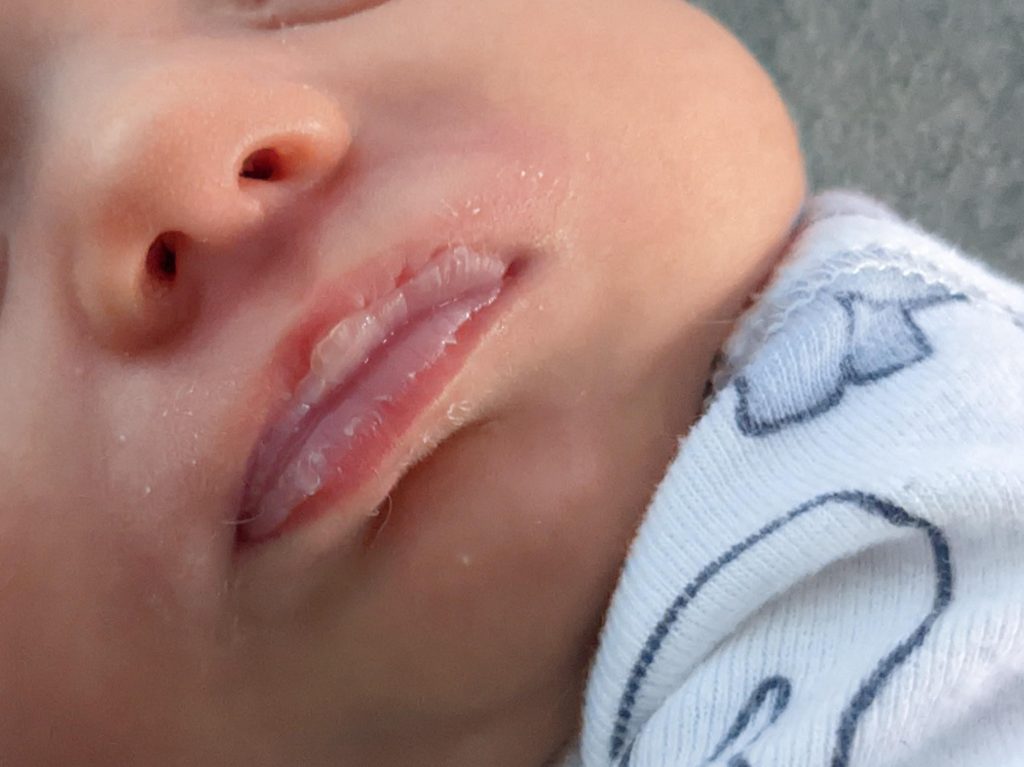 image source: reddit.com
image source: reddit.com
Overfeeding can lead to difficulties with latching onto the breast or nipple and may result in inefficient sucking during feedings. This can be frustrating for both the baby and the breastfeeding parent and may require support from a lactation consultant or healthcare provider to address.
10. They have a lot of wet burps or hiccups
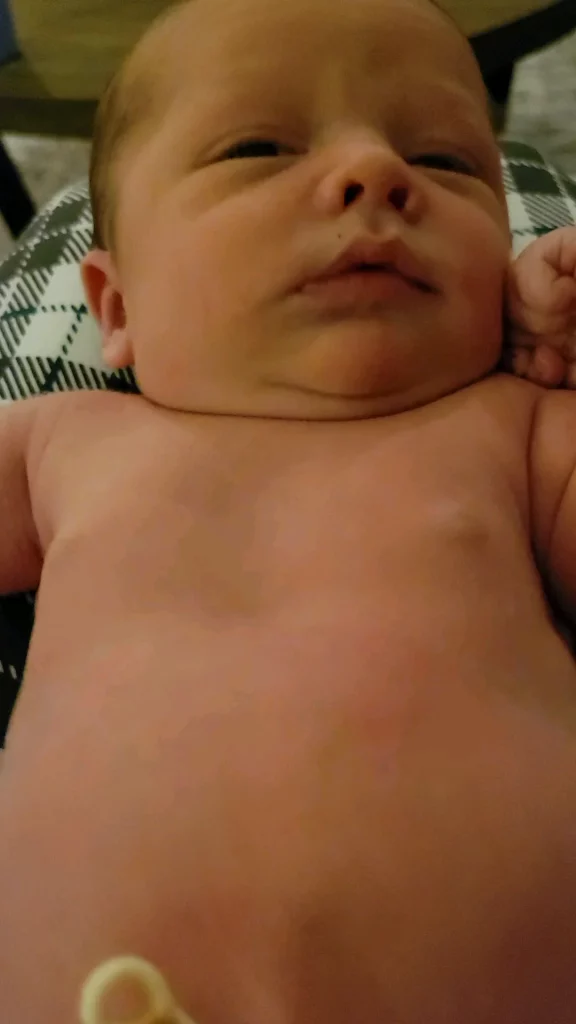
image source: reddit.com
Wet burps or frequent hiccups after feedings may indicate that a baby has consumed more milk or formula than their stomach can comfortably hold. This can lead to discomfort and may contribute to issues like reflux or regurgitation. Parents should observe these symptoms and consider adjusting feeding practices if they occur regularly.
11. They're always drooling
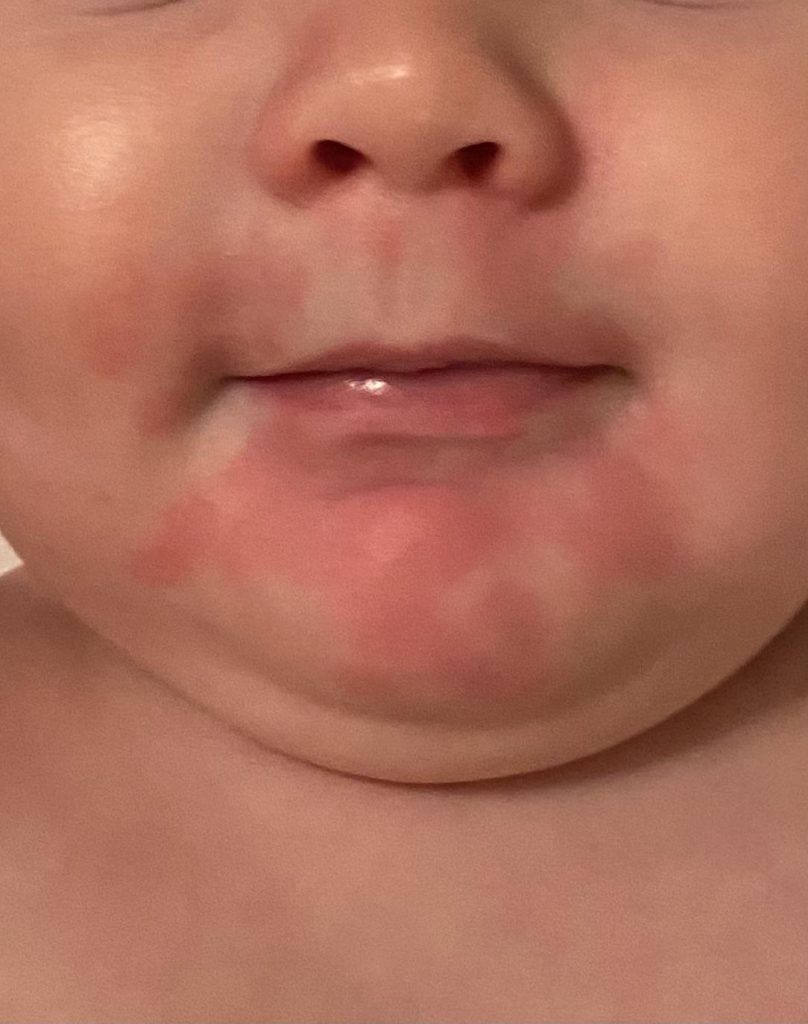 image source: reddit.com
image source: reddit.com
Overfeeding can stimulate saliva production in babies, leading to excessive drooling after feedings. While drooling is normal to some extent, an increase in drooling following feedings may indicate that the baby is swallowing more milk than necessary, leading to discomfort or digestive issues.
12. They're arching their back during feedings

image source: babycentercommunity.com
Babies who are overfed may exhibit signs of discomfort during feedings, such as arching their back or stiffening their body. This can occur as the baby tries to alleviate pressure on their full stomach or in response to discomfort caused by overfeeding. Your baby should not feel stiff when they're comfortably feeding.
13. They seem to have difficulty breathing
 image source: reddit.com
image source: reddit.com
Overfeeding can put pressure on a baby's diaphragm, making it difficult for them to breathe comfortably, especially when lying down. Parents should watch for signs of labored breathing or wheezing during or after feedings, as these may indicate that the baby is struggling with the volume of milk or formula they have consumed.
14. They fall into a 'milk coma' immediately after feeding
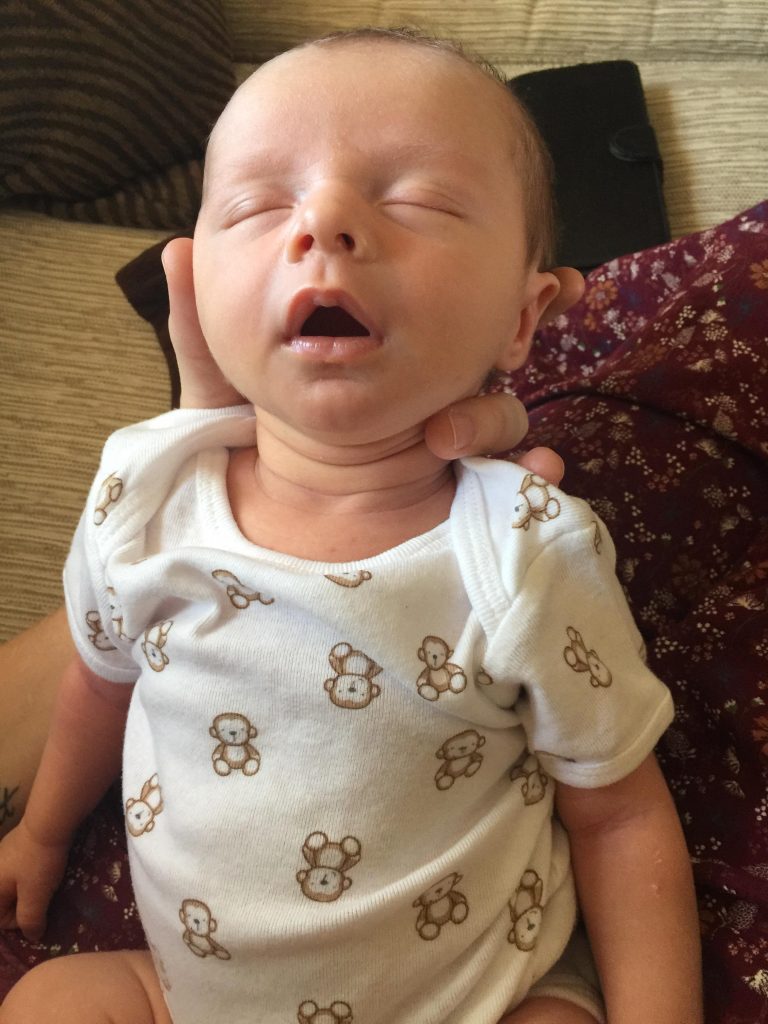 image source: reddit.com
image source: reddit.com
If a baby frequently falls into a deep sleep immediately after feedings, it could be a sign that they are being overfed and experiencing what is sometimes humorously referred to as a "milk coma." This state of deep sleep may occur as the baby's body works to digest the excess milk or formula consumed during the feeding.
15. They show persistent hunger cues
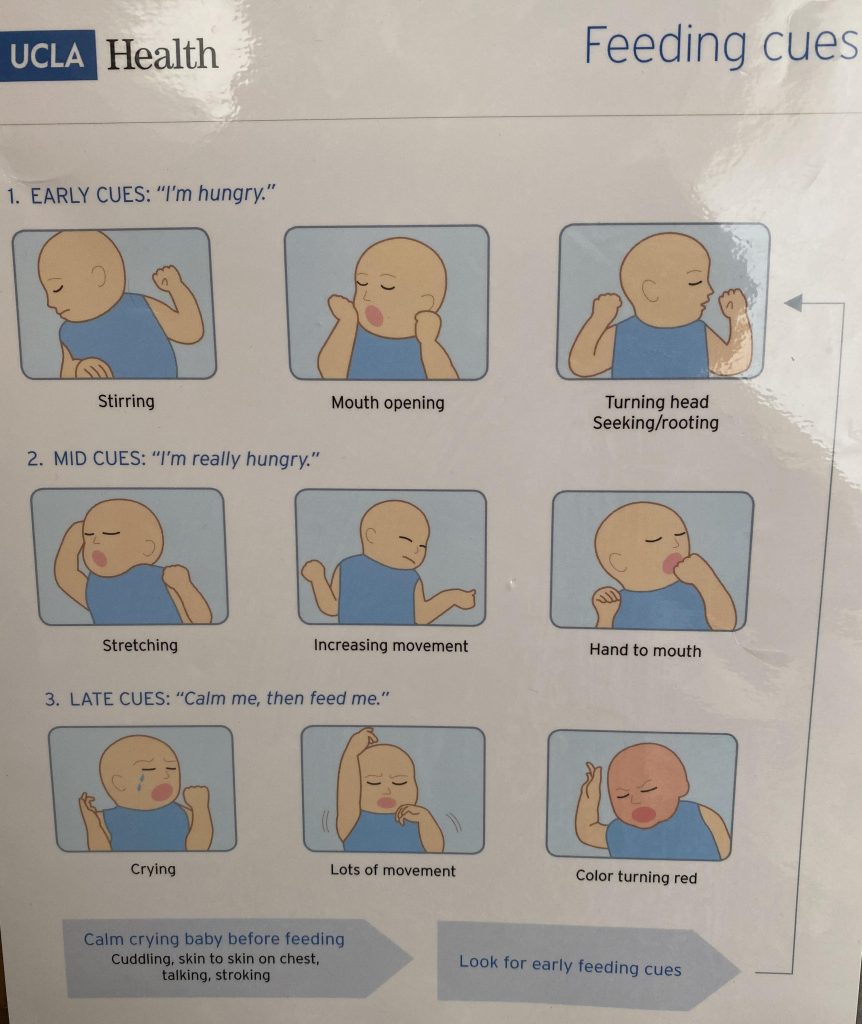 image source: reddit.com
image source: reddit.com
While it's normal for babies to show hunger cues before feedings, persistent cues even after a feeding session could indicate that they are not satisfied due to overfeeding. This can lead to a cycle of overfeeding as caregivers attempt to soothe the baby's apparent hunger, exacerbating the issue.
16. They have less and less interest in what's going on around them
 image source: reddit.com
image source: reddit.com
Overfed babies may become lethargic and disinterested in their surroundings due to discomfort or excessive sleepiness. This can manifest as a lack of engagement with toys, people, or other stimuli that would typically capture the baby's interest, and especially if they used to have interest but now don't appear to.
17. You're finding it difficult to bond with them
 image source: reddit.com
image source: reddit.com
Feeding is a crucial bonding time between parents and babies. However, if a baby shows signs of distress or discomfort during feedings, it may affect the bonding experience. Caregivers should strive to create a nurturing and positive feeding environment to strengthen the parent-child bond.
18. They have very rapid breathing

image source: reddit.com
Overfeeding can lead to pressure on the diaphragm, causing rapid or shallow breathing in babies. Parents should monitor their baby's breathing patterns and seek medical attention if they notice any signs of respiratory distress. In other circumstances, it might not be related to feeding, but to another issue.
19. They're excessively sweating
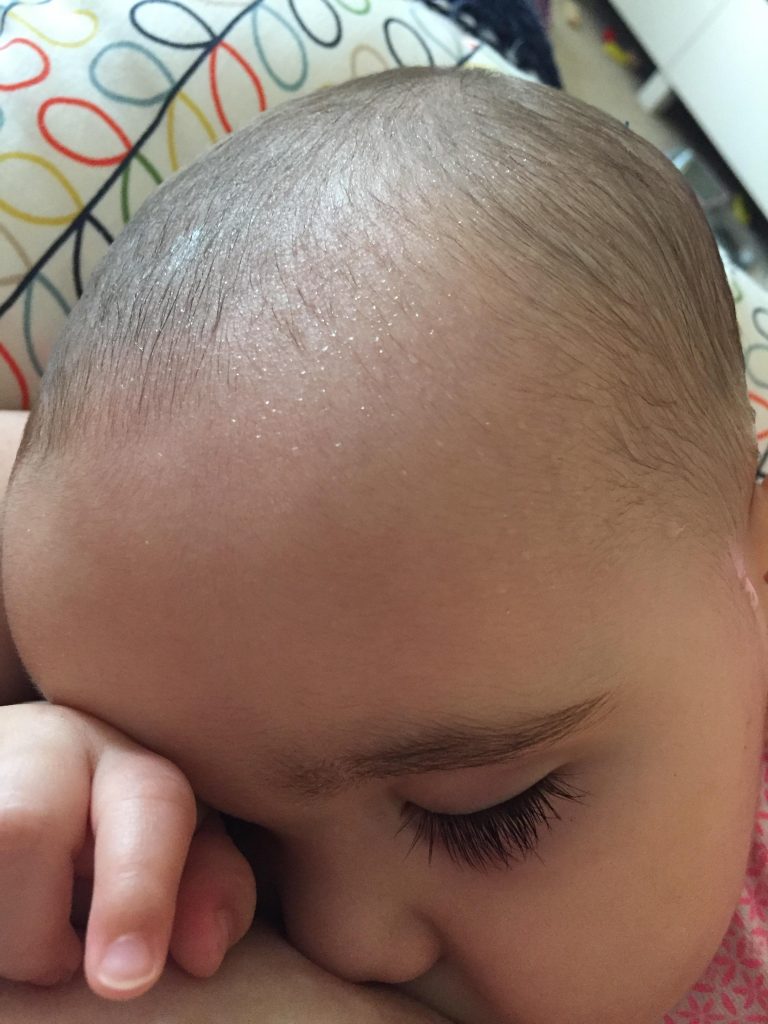 image source: reddit.com
image source: reddit.com
Overfed babies may sweat excessively, especially around the forehead and neck, due to discomfort or exertion from digesting a large volume of milk or formula. This sweating may be more pronounced during or after feedings and may be accompanied by other signs of discomfort such as fussiness or restlessness.
20. They have an unexplained fever
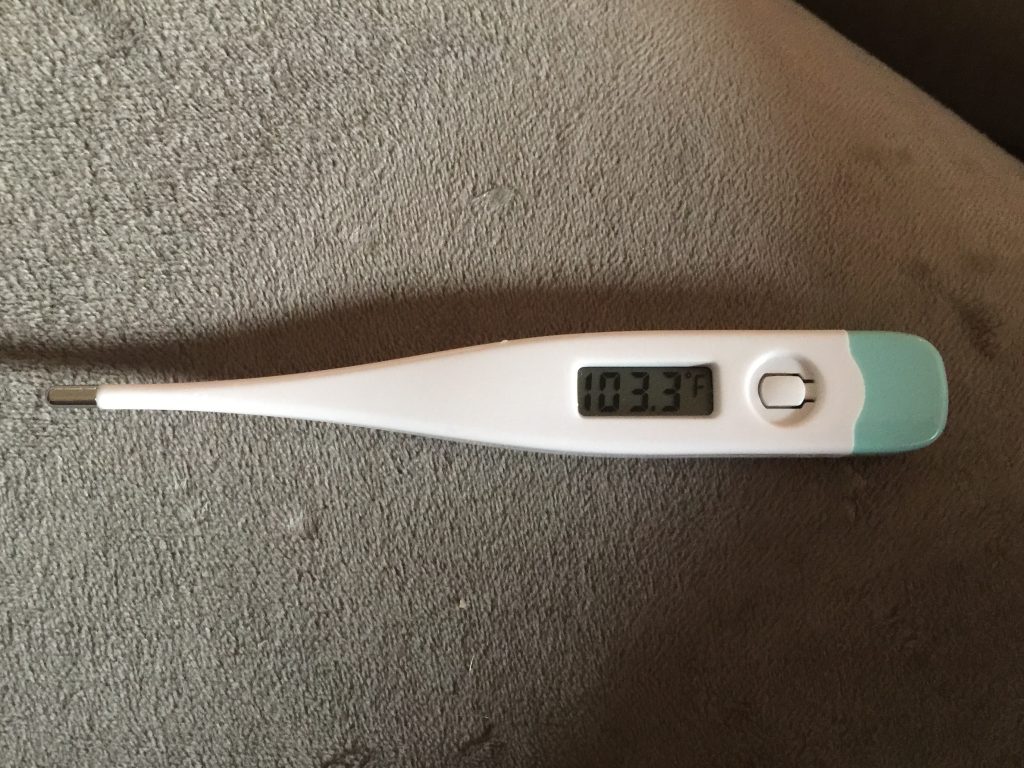 image source: reddit.com
image source: reddit.com
While fever can be caused by various factors, if a baby develops a fever without any other apparent cause, it's essential to consider whether overfeeding could be contributing to their discomfort. Fevers in infants should always be evaluated by a healthcare provider to rule out serious underlying issues.
21. They're showing decreased levels of physical activity

image source: reddit.com
Overfed babies may become lethargic and show a decreased interest in engaging in physical activity or playtime due to discomfort or excessive sleepiness. Parents should encourage gentle movement and interaction with their baby to promote healthy development and stimulate circulation.
22. They don't seem to be able to hold eye contact
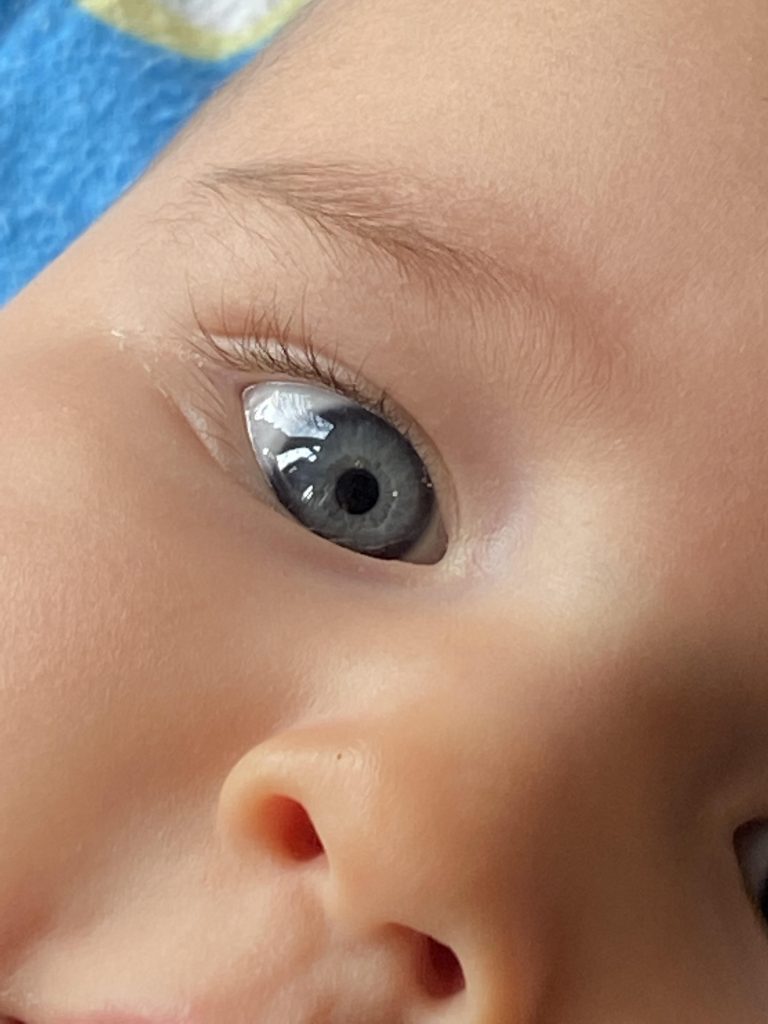 image source: reddit.com
image source: reddit.com
Babies who are overfed may have difficulty maintaining eye contact during feedings due to discomfort or a desire to disengage from the feeding process. Eye contact is an essential part of bonding and communication between caregivers and babies, so changes in eye contact patterns during feedings may indicate underlying issues with feeding or discomfort.
23. They have skin irritation or rashes
 image source: reddit.com
image source: reddit.com
Excessive feeding can lead to skin irritation or rashes around the mouth, chin, or chest area due to milk or formula residue. This can occur when milk or formula remains on the skin for an extended period, leading to irritation or even allergic reactions in some cases. Caregivers should gently clean the baby's skin after feedings to prevent irritation.
24. They're always coughing or even choking
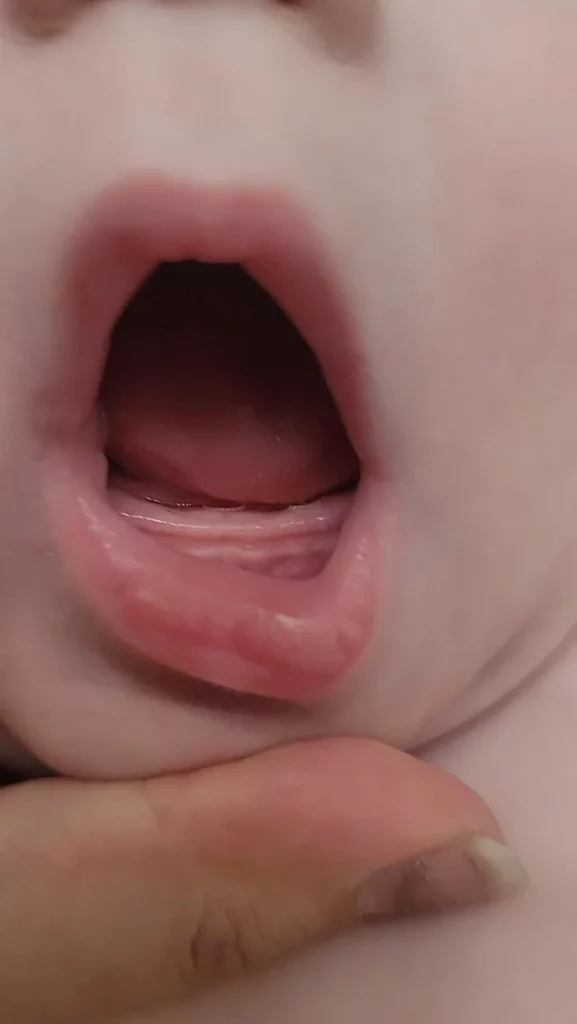
image source: reddit.com
Overfeeding can increase the risk of coughing or choking episodes during feedings, as the baby may struggle to swallow the excess milk or formula. This can be alarming for both the baby and the caregiver and may indicate that feeding practices need to be adjusted to prevent further episodes.
25. They're extremely thirsty all the time
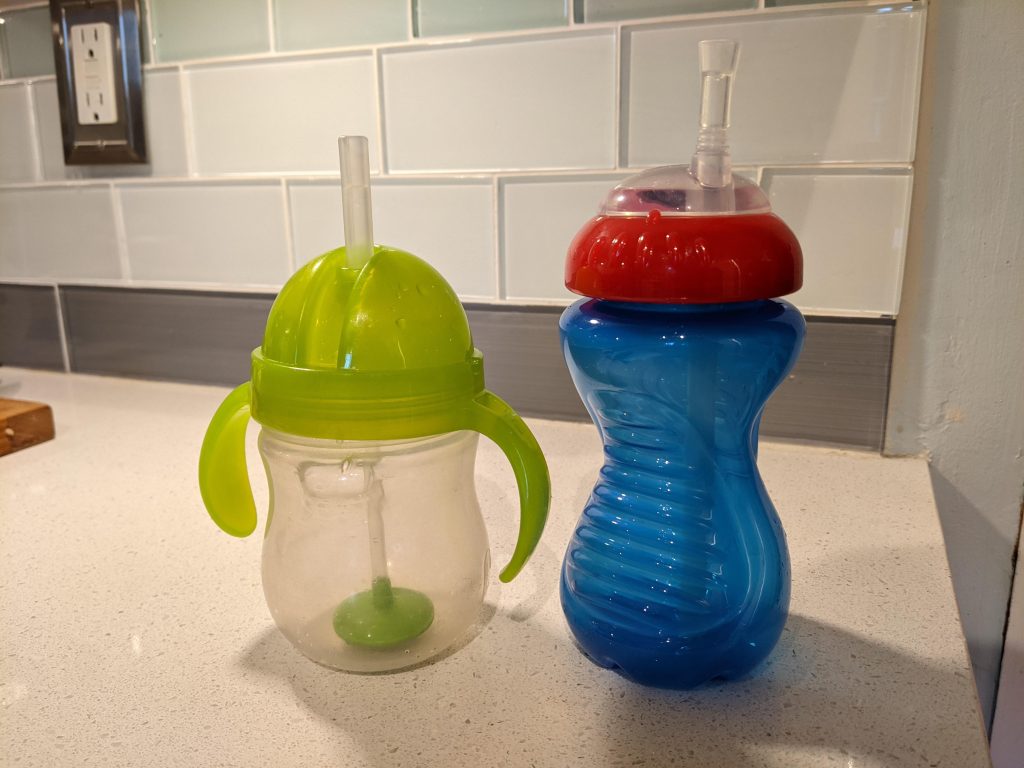 image source: reddit.com
image source: reddit.com
If a baby appears excessively thirsty or seeks out additional fluids shortly after feedings, it could be a sign that they are not satisfied due to overfeeding. While it's normal for babies to drink water after feedings, excessive thirst may indicate that the baby is trying to compensate for discomfort or a feeling of fullness.
26. They're depending a lot on pacifiers
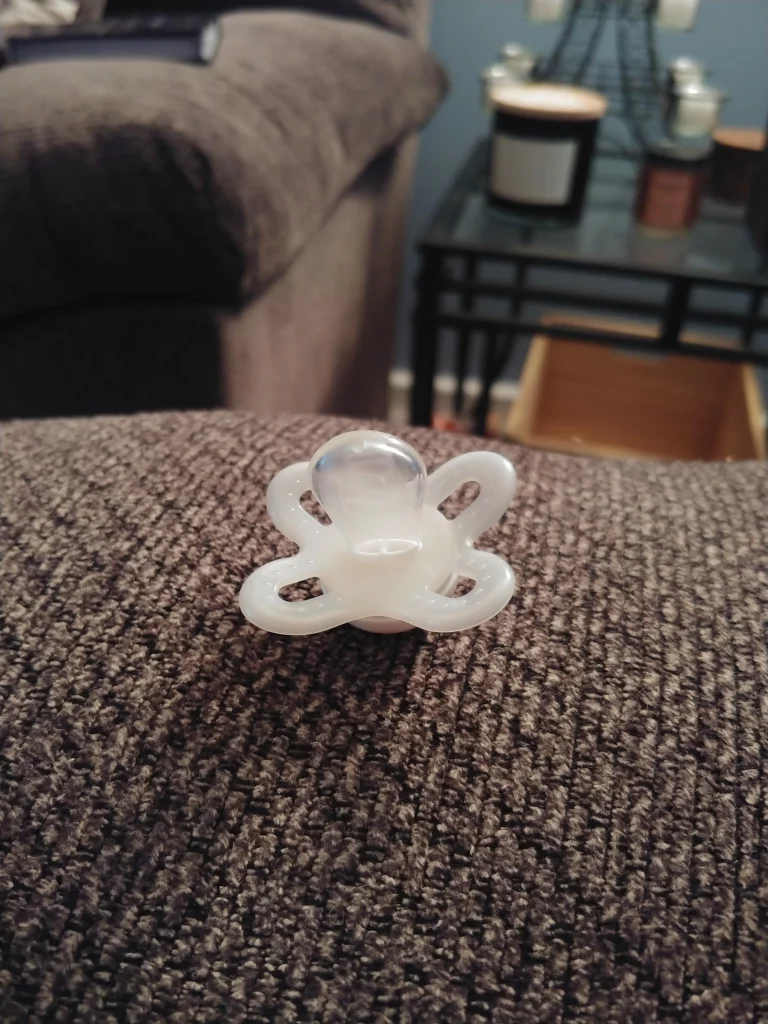 image source: reddit.com
image source: reddit.com
Overfed babies may seek out additional comfort from pacifiers or other objects to soothe discomfort caused by a full stomach. While pacifiers can be a helpful tool for soothing babies, excessive reliance on them may indicate that the baby is not receiving adequate comfort or satisfaction from feedings.
27. They're constantly crying
 image source: reddit.com
image source: reddit.com
Overfeeding can cause discomfort in babies, leading to persistent crying or irritability. This can be distressing for both the baby and the caregiver and may indicate that feeding practices need to be adjusted to prevent further discomfort. Of course, babies can be crying for many reasons which makes this one a sign often overlooked in regard to over-feeding!
28. Your baby has big mood swings
 image source: reddit.com
image source: reddit.com
Overfed babies may exhibit changes in mood or temperament, such as increased fussiness, irritability, or clinginess, due to discomfort from a full stomach. This can make it challenging for caregivers to soothe and comfort their baby and may indicate that feeding practices need to be adjusted to prevent further discomfort.
29. Their development milestones are delayed
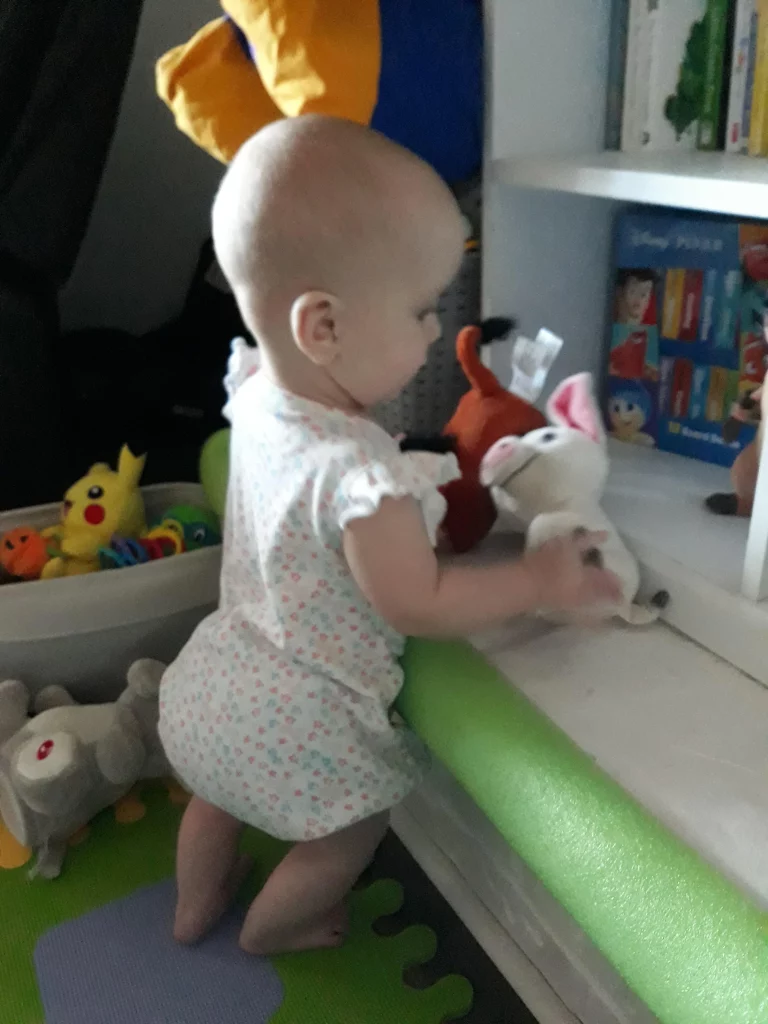 image source: reddit.com
image source: reddit.com
Overfeeding can interfere with a baby's ability to meet developmental milestones, as they may be less motivated to engage in physical activities or exploration due to discomfort or lethargy. Caregivers should monitor their baby's development and seek guidance from a healthcare provider if they have concerns about delays or regression in milestones.
30. Your baby is way too clingy
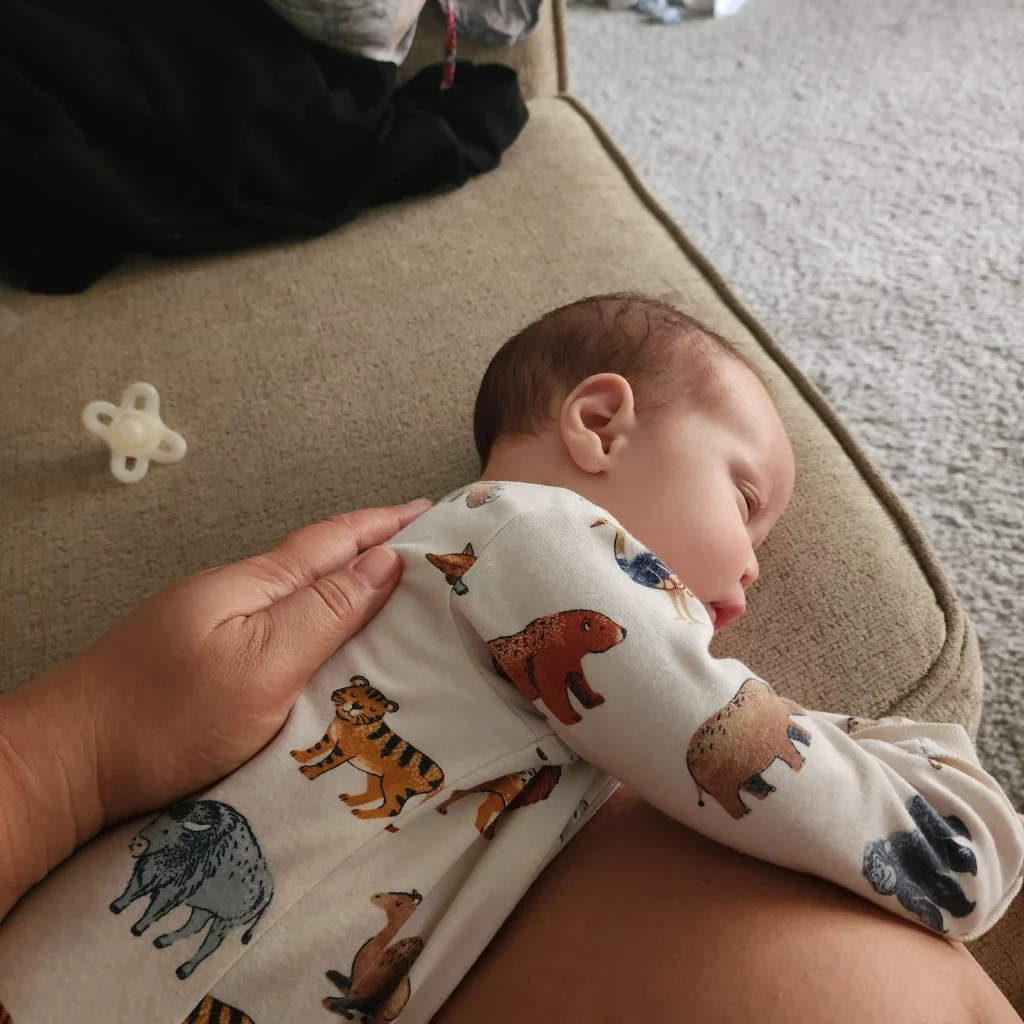 image source: reddit.com
image source: reddit.com
Overfed babies may exhibit excessive clinginess or neediness, seeking comfort and reassurance from caregivers due to discomfort or digestive issues. This can make it challenging for caregivers to attend to other responsibilities and may indicate that the baby's feeding practices need to be changed.
31. They're always waking up throughout the night
 image source: reddit.com
image source: reddit.com
Overfeeding can disrupt a baby's sleep patterns, leading to difficulty falling asleep, frequent nighttime awakenings, or shorter sleep duration due to discomfort or digestive issues. This can be exhausting for both the baby and the caregiver and may contribute to issues like fatigue and irritability during the day.
32. They might have a feeding disorder
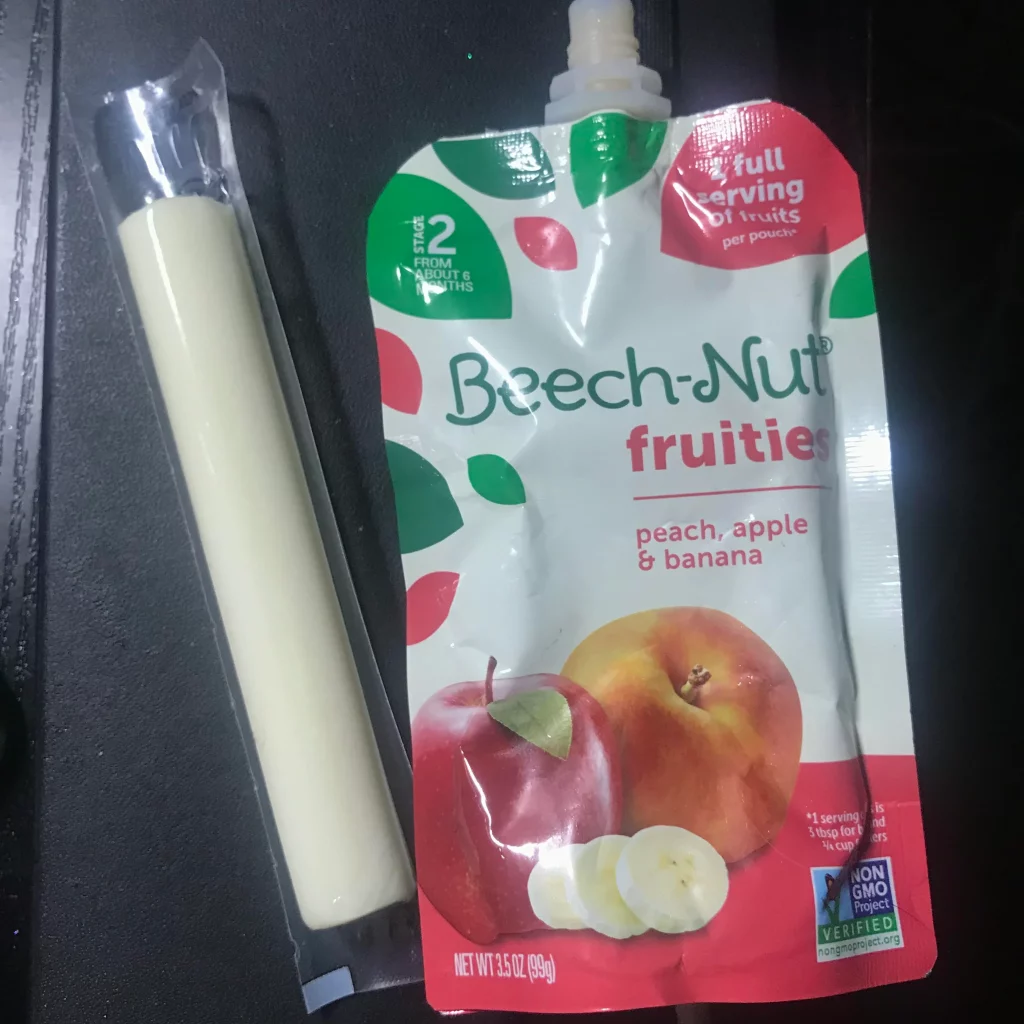 image source: reddit.com
image source: reddit.com
Overfeeding in infancy can increase the risk of developing feeding disorders or disordered eating patterns later in life, as babies may learn to associate feeding with discomfort or negative emotions. This can have long-term implications for the baby's physical and emotional health and may require intervention from healthcare professionals.
33. They pull away from the breast or bottle

image source: reddit.com
Overfeeding can lead to changes in a baby's feeding posture, such as leaning back or pulling away from the breast or bottle. This may occur as the baby attempts to alleviate discomfort from a full stomach or as a response to overfeeding cues from the caregiver. Caregivers should keep an eye on this sort of behavior.
34. They seem to have abdominal discomfort
 image source: reddit.com
image source: reddit.com
Overfeeding can cause gastrointestinal discomfort in babies, leading to symptoms such as abdominal pain. This may manifest as excessive fussiness or crying, arching of the back, or pulling the legs up to the chest. Parents should monitor their baby's feeding behavior and bowel movements and consult with their doctor if needed.
35. Most interactions with your baby are negative
 image source: loudwire.com
image source: loudwire.com
Overfeeding can impair bonding between caregivers and babies, as it may lead to discomfort, distress, or negative associations with feeding. This can impact the quality of interactions between caregivers and babies and may contribute to issues such as feeding aversions or reluctance to engage in feeding activities.
36. They never seem to be comfortable

image source: reddit.com
Babies who are overfed may have difficulty maintaining a comfortable position, especially during or after feedings. This may manifest as restlessness, squirming, or discomfort when lying down, sitting up, or being held. There isn't a single position they can get in that lets them relax!
37. How to make sure you stop overfeeding your baby: monitor your portion sizes
 image source: reddit.com
image source: reddit.com
Keeping track of how much your baby consumes during feedings is essential for preventing overfeeding. It's easy for parents to offer more milk or formula than necessary, leading to overconsumption. By observing your baby's feeding patterns and stopping when they signal fullness, you can ensure they receive the appropriate amount.
38. Practice responsive feeding
 image source: reddit.com
image source: reddit.com
Responsive feeding is a gentle approach that respects the baby's hunger and fullness cues. It involves offering milk or solids when the baby shows signs of hunger and stopping when they display signs of fullness. This approach encourages babies to self-regulate their intake, preventing overfeeding and promoting healthy eating habits.
39. Try not to use feeding as a soothing mechanism
 image source: reddit.com
image source: reddit.com
While feeding can provide comfort to a fussy baby, using it as the sole method of soothing can lead to overfeeding. It's essential to recognize when your baby is genuinely hungry versus seeking comfort. By offering alternatives like cuddling, rocking, or gentle motion, you can address your baby's needs without relying solely on feeding.
40. Follow the recommended feeding guidelines
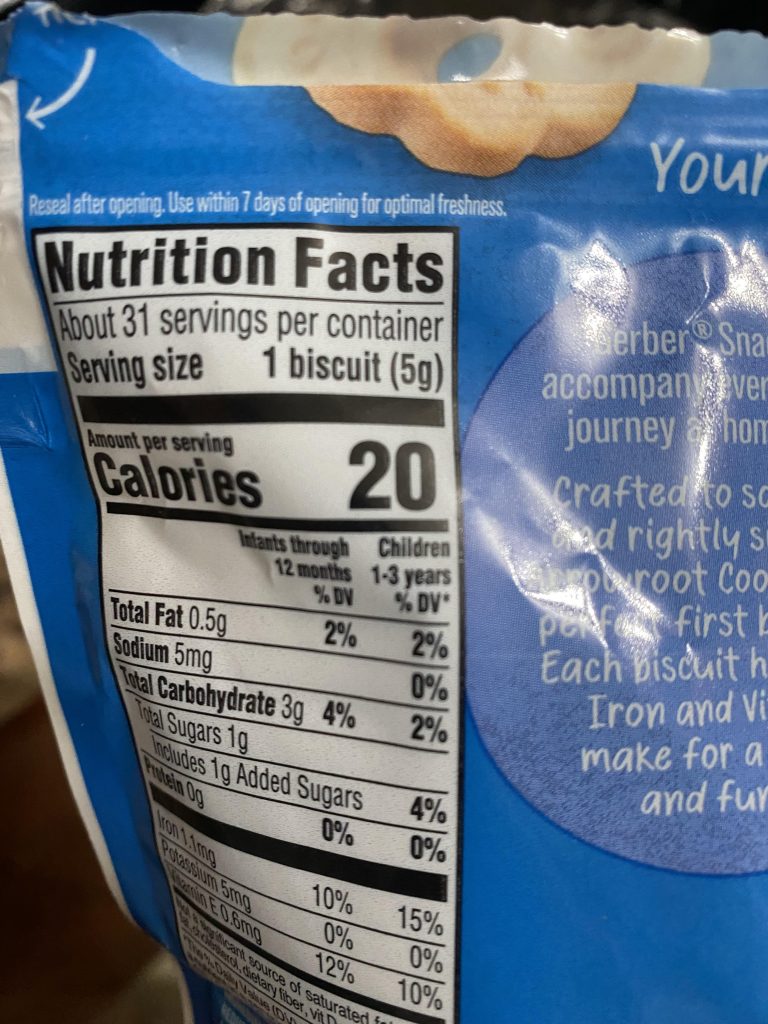 image source: reddit.com
image source: reddit.com
Consulting with your pediatrician regarding feeding recommendations tailored to your baby's age, weight, and developmental stage is crucial. Pediatricians can provide guidance on the appropriate amount of milk or formula your baby needs per feeding and throughout the day, ensuring they receive adequate nutrition without overfeeding.
41. Use paced bottle feeding
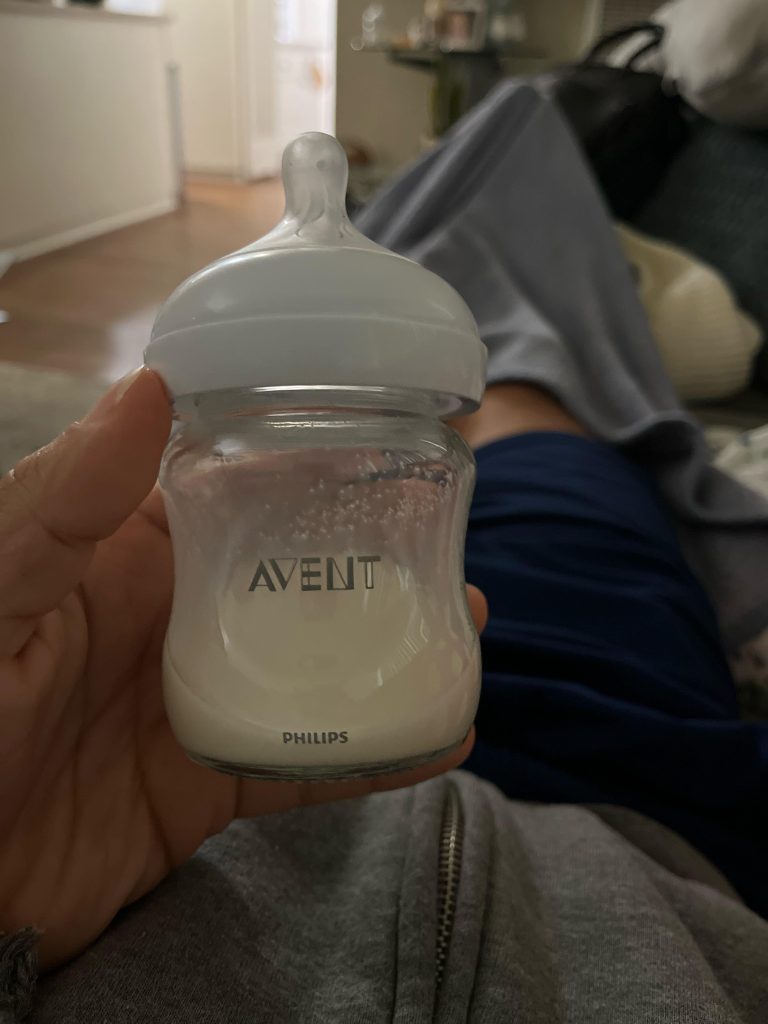 image source: reddit.com
image source: reddit.com
Paced bottle feeding is a technique that mimics breastfeeding, allowing babies to control the flow of milk and prevent overfeeding. By holding the bottle horizontally and pausing periodically during feedings, you encourage your baby to feed at their own pace, similar to breastfeeding. This approach promotes better digestion.
42. Always watch for signs of discomfort
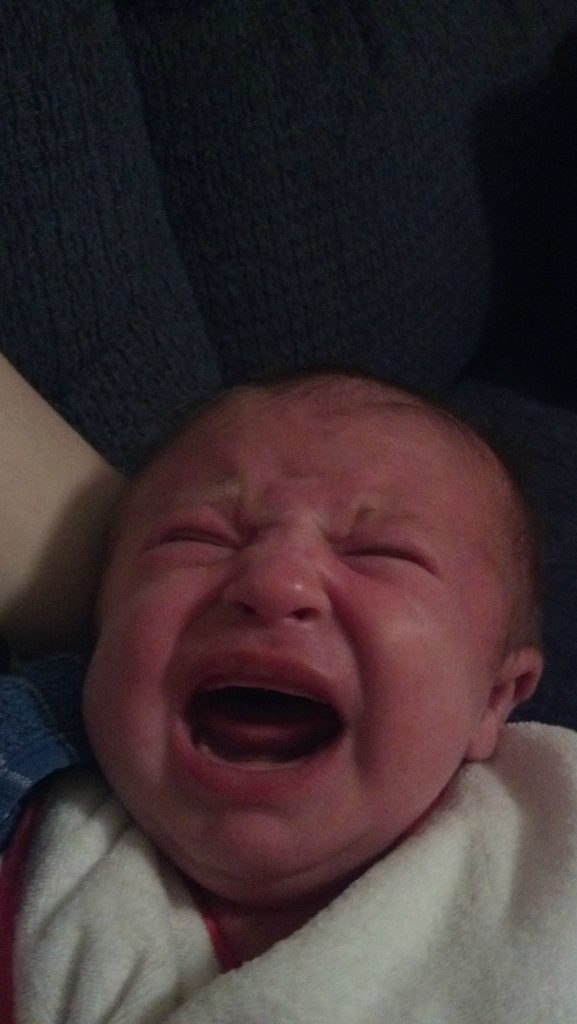
image source: reddit.com
Babies may exhibit signs of discomfort such as frequent spitting up, excessive gas, or fussiness after feedings if they're overfed. These symptoms can indicate digestive issues or overeating. By paying attention to your baby's behavior and discussing any concerns with your pediatrician, you can address potential feeding problems.
43. Limit any distractions during feeding time
 image source: reddit.com
image source: reddit.com
Creating a calm and quiet environment during feedings minimizes distractions and helps babies focus on eating. Excessive noise or visual stimulation can overwhelm babies, leading to overstimulation and overeating. By creating a peaceful atmosphere free from distractions, you promote mindful eating habits and support healthy feeding experiences for your baby.
44. Let your baby explore different tastes and textures
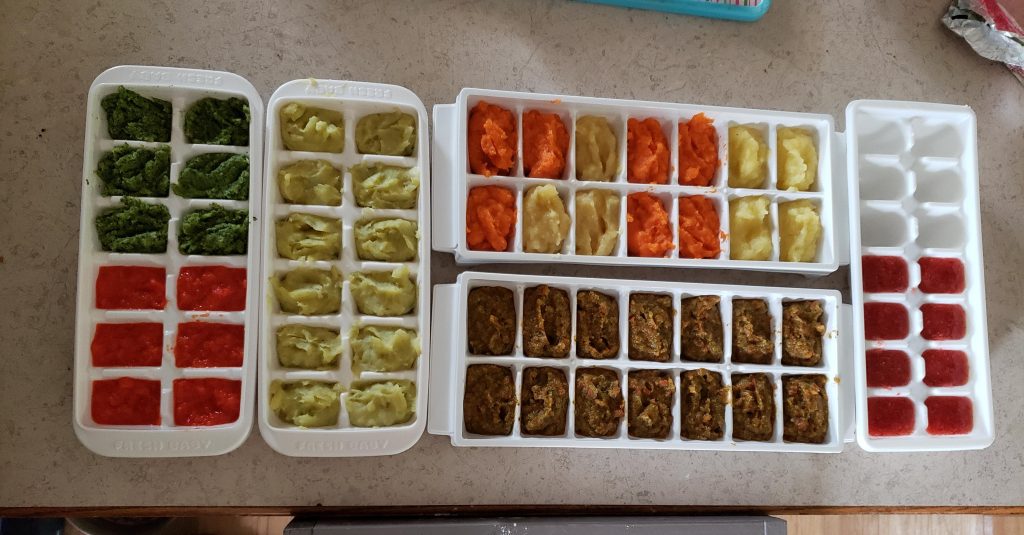 image source: reddit.com
image source: reddit.com
As your baby grows and begins eating solid foods, encourage self-regulation by offering a variety of healthy foods during mealtimes. Allow your baby to explore different tastes and textures and let them decide how much they want to eat. By trusting your baby's appetite and providing nutritious options, you foster independence.
45. Avoid putting pressure on them to finish the bottle
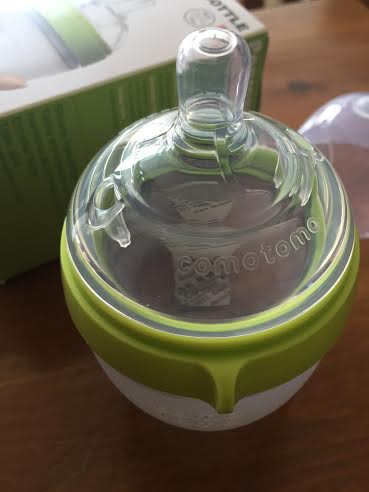
image source: frostmagazine.com
Resisting the urge to pressure your baby to finish the bottle is essential for preventing overfeeding. Babies have innate hunger and fullness cues that should be respected. By trusting your baby's signals and stopping feeding when they show signs of fullness, you help them develop a healthy relationship with food.
46. Keep a baby feeding diary
 image source: reddit.com
image source: reddit.com
Track your baby's feeding times, amounts consumed, and any observed cues of hunger or fullness in a diary or mobile app. Reviewing this information can help you identify patterns and make adjustments to prevent overfeeding. Keeping a feeding diary involves meticulously recording various aspects of your baby's feeding routine.
47. Be mindful of bottle nipple size
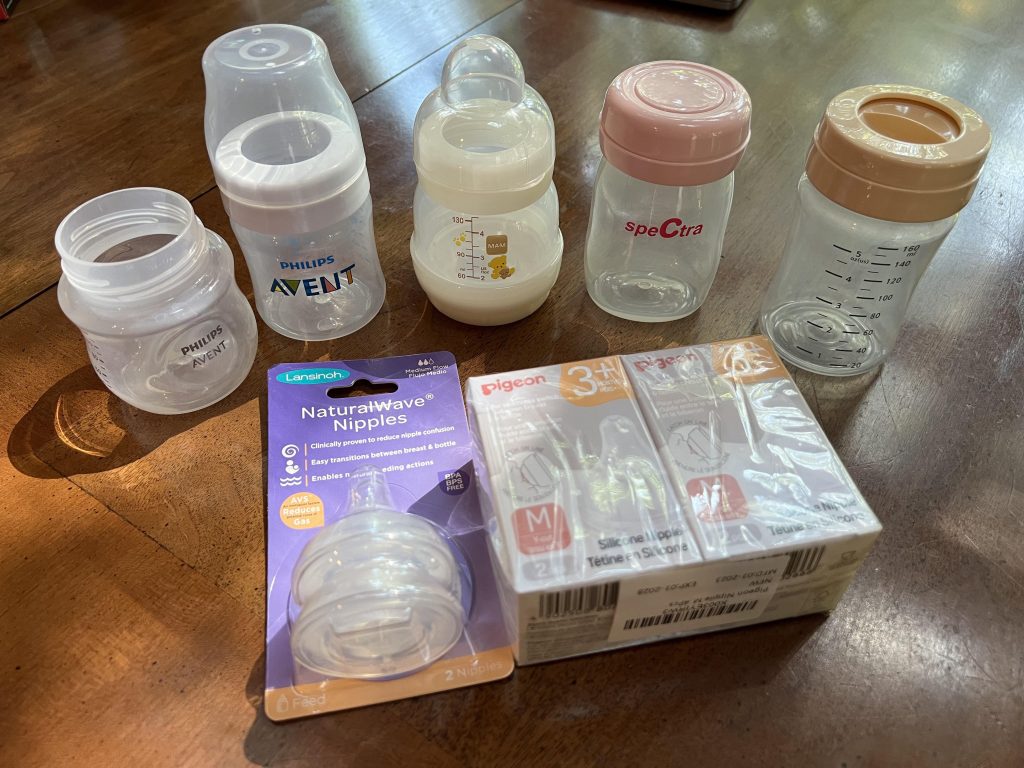 image source: reddit.com
image source: reddit.com
If you're bottle-feeding, ensure you're using an appropriate nipple size for your baby's age and feeding abilities. Using a nipple that's too large or flows too quickly can lead to overfeeding, as your baby may struggle to control the flow or consume more milk than they need. Choose a nipple that matches your baby's developmental stage.
48. Encourage your baby to nurse at their own pace
 image source: reddit.com
image source: reddit.com
If you're breastfeeding, encourage a paced feeding approach similar to paced bottle feeding. This involves allowing your baby to nurse at their own pace, with frequent breaks to mimic the natural flow of breastfeeding. By pacing the feeding session, you give your baby time to recognize their fullness cues.
49. Offer your baby water between feedings
 image source: reddit.com
image source: reddit.com
As your baby grows and starts consuming solid foods, it's important to introduce water as a beverage option between feedings. Offering water in a sippy cup or bottle can help satisfy thirst and prevent overconsumption of milk or formula. However, be mindful not to replace milk or formula with water entirely, as they still provide essential nutrients.
50. Practice spoon feeding
 image source: reddit.com
image source: reddit.com
When introducing solid foods, practice paced spoon-feeding to allow your baby to control their intake and recognize their fullness cues. Offer small spoonfuls of food and allow your baby time to chew and swallow before offering more. Pay attention to your baby's cues of hunger and fullness, and avoid coaxing them to eat more than they want.
 image source: reddit.com
image source: reddit.com image source: reddit.com
image source: reddit.com image source: reddit.com
image source: reddit.com image source: reddit.com
image source: reddit.com image source: reddit.com
image source: reddit.com image source: reddit.com
image source: reddit.com
 image source: reddit.com
image source: reddit.com image source: reddit.com
image source: reddit.com
 image source: reddit.com
image source: reddit.com
 image source: reddit.com
image source: reddit.com image source: reddit.com
image source: reddit.com image source: reddit.com
image source: reddit.com image source: reddit.com
image source: reddit.com image source: reddit.com
image source: reddit.com
 image source: reddit.com
image source: reddit.com image source: reddit.com
image source: reddit.com
 image source: reddit.com
image source: reddit.com image source: reddit.com
image source: reddit.com
 image source: reddit.com
image source: reddit.com image source: reddit.com
image source: reddit.com image source: reddit.com
image source: reddit.com image source: reddit.com
image source: reddit.com image source: reddit.com
image source: reddit.com image source: reddit.com
image source: reddit.com image source: reddit.com
image source: reddit.com image source: reddit.com
image source: reddit.com
 image source: reddit.com
image source: reddit.com image source: loudwire.com
image source: loudwire.com
 image source: reddit.com
image source: reddit.com image source: reddit.com
image source: reddit.com image source: reddit.com
image source: reddit.com image source: reddit.com
image source: reddit.com image source: reddit.com
image source: reddit.com
 image source: reddit.com
image source: reddit.com image source: reddit.com
image source: reddit.com
 image source: reddit.com
image source: reddit.com image source: reddit.com
image source: reddit.com image source: reddit.com
image source: reddit.com image source: reddit.com
image source: reddit.com image source: reddit.com
image source: reddit.com